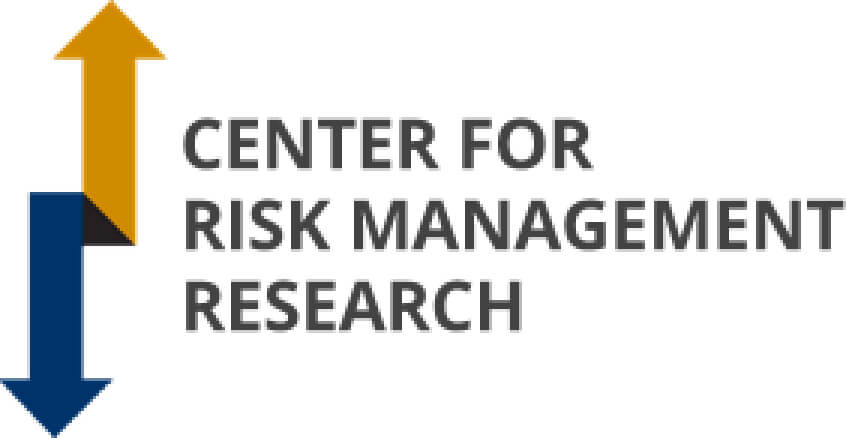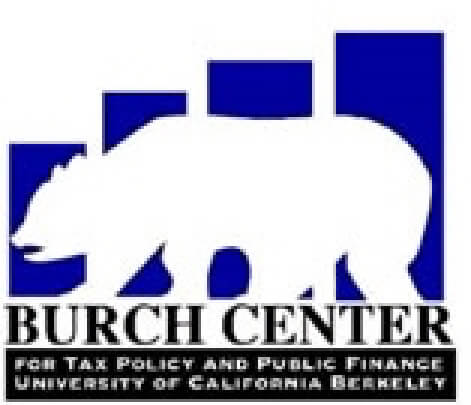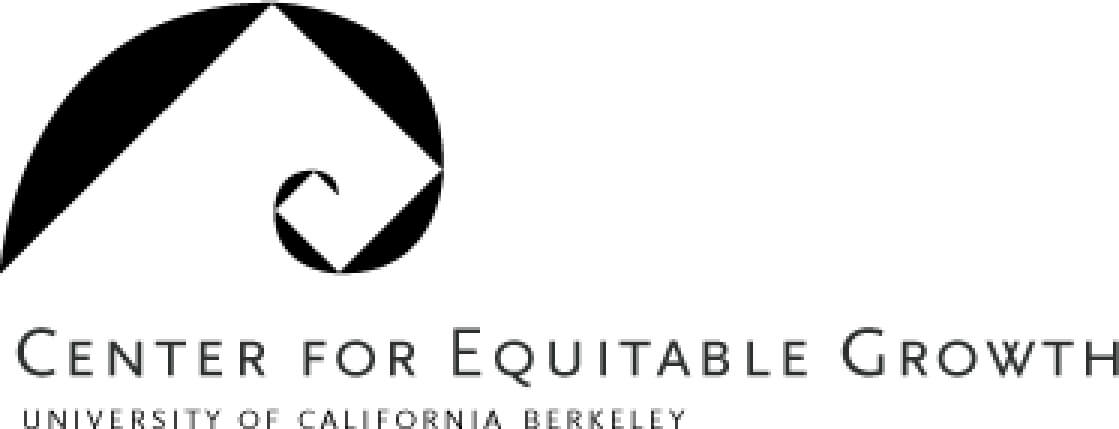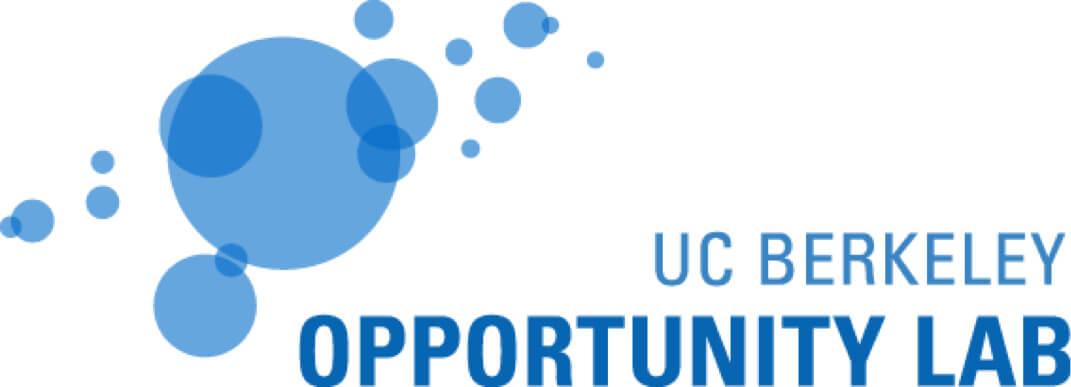
James M. and Cathleen D. Stone Center on Wealth and Income Inequality
Created to serve as a research hub for campus and beyond, enabling UC Berkeley’s world-leading scholars to deepen our understanding of the inequality in society and formulate new approaches to address the challenge of creating a more equitable society.

Econometrics Laboratory
Dedicated to education and research in the field of computationally intensive econometrics, utilizing and advancing state-of-the-art methods, software, and hardware. The EML also maintains ELSA, the Econometrics Laboratory Software Archive.

Center for Risk Management Research
The Center for Risk Management Research (CRMR) was established in 2013 and focuses on the management of risk within the context of financial markets, including equity, commodity and fixed income markets, and derivatives on those markets. The Center’s goal is to address the most important and pressing issues in risk and portfolio management.

Center for Effective Global Action
CEGA is a hub for research on global development. Using rigorous evaluations, tools from data science, and new measurement technologies to assess the impacts of large-scale social and economic development programs, CEGA ensures that the scientific evidence we produce improves the lives of people living in poverty.
Center for Regulatory Policy
Dedicated to faculty and graduate student research in regulation; to launch students into careers in regulation, through training and project experience; to provide for interaction and mutual learning among people at regulated firms, government agencies, and the University.
Center for Labor Economics
Dedicated to innovative research on labor market and social program issues by faculty and graduate students in the Department of Economics and in related Departments such as Agricultural Economics, Business, and Public Policy.

Robert D. Burch Center for Tax Policy and Public Finance
Dedicated to research in tax policy and public finance, dissemination of this research to the academic and tax policy communities, and stimulation of informed discussion of tax policies of national significance.
Center for the Economics and Demography of Aging
Supports research on the economic and demographic aspects of aging, including the biodemography of aging; demographic/fiscal projections; health, disability and mortality; behavioral and experimental economics; life cycle planning/intergenerational transfers; and labor supply.

Center for Equitable Growth
Supports research toward achieving economic growth that is widely and fairly distributed. It funds Berkeley Faculty and graduate student research on topics of equitable growth, and hosts visiting scholars pursuing research projects in areas of equitable growth.
Berkeley Economic History Laboratory
BEHL provides a platform for research in economic history, with a focus on theoretically informed, empirically rigorous historical analysis. Resources and activities center on the training of aspiring economic historians in policy-relevant research and the introduction of an historical dimension to research in other subfields.

Experimental Social Science Laboratory
The Experimental Social Science Laboratory (Xlab) is an interdisciplinary facility for conducting experiment-based investigations of issues of interest to social scientists.

Initiative in Behavioral Economics and Finance
There is a current initiative to create a Behavioral Economics and Behavioral Finance Center. Contact Professor Ulrike Malmendier and Stefano DellaVigna for details.
Clausen Center for International Business and Policy
To promote path-breaking scholarly research, enhance teaching in the area of international trade, macroeconomics and finance and contribute to the policy dialogue on these issues.

Opportunity Lab
The Opportunity Lab serves as the central research hub for UC Berkeley scholars conducting cutting-edge research on social and economic inequality in the United States.
